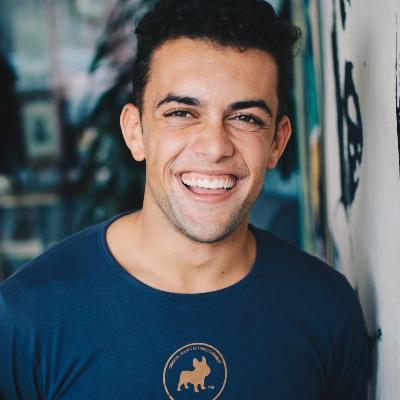Artificial intelligence applied to research on translation and interpreting
In-person workshop
Summary
Have you ever wondered how artificial intelligence (AI) can revolutionise research on translation and interpreting by boosting its productivity and the quality of the results? In this practical workshop we will explore some of the multiple possibilities that AI offers to the experts in this field. From generating ideas to analysing data and examining literature, we will learn how to make the best of recent AI tools (far beyond ChatGPT).
AI can help us find new tendencies, analyse research patterns and suggest new perspectives, but it will also enable us to analyse a large number of academic works in order to obtain relevant information and find inspiration faster and more effectively than ever.
Is your research mainly based on qualitative methods? “AI has you covered!” Imagine that you could transcribe interviews at light speed and make a first automatic note based on the tags that you have previously included. How does that sound?
Wow! Are you passionate about quantitative methods? We will explore ideas on statistical analysis coding on R or Python, but, most importantly, we will also put into practice the analysis and interpreting of graphics, the automatic identification of complex relations on data and the identification of patterns that are easily overlooked.
So, what does the AI revolution actually entail in academic research? Forget about the most complex and technical tasks. AI will take care of it and you will be able to focus on what really matters: reflecting on the results, boosting objectivity and improving the research quality, and saving time on tasks that can be automatized. In other words, it gives you the opportunity to take your research to a higher level. Will you join the force of the present?

Biographical note
Vicent Briva-Iglesias is a researcher on automatic translation and person-machine interaction in the Science Foundation Ireland Centre for Research Training in Digitally-Enhanced Reality (d-real) and at the Dublin City University (DCU). In DCU, he teaches the subject of “Localisation”, as well as “Introduction to Python for Translators/Linguists” and “Professional Guidance” at the Universitat Oberta de Catalunya. His research focuses on human-centered AI, aiming to enhance people's abilities to empower them and reduce their cognitive limitations. Vicent's academic experience is influenced by his professional activity, since he leads AWORDZ Language Engineering Ltd, a small company that provides language engineering, localisation and internationalization services.
